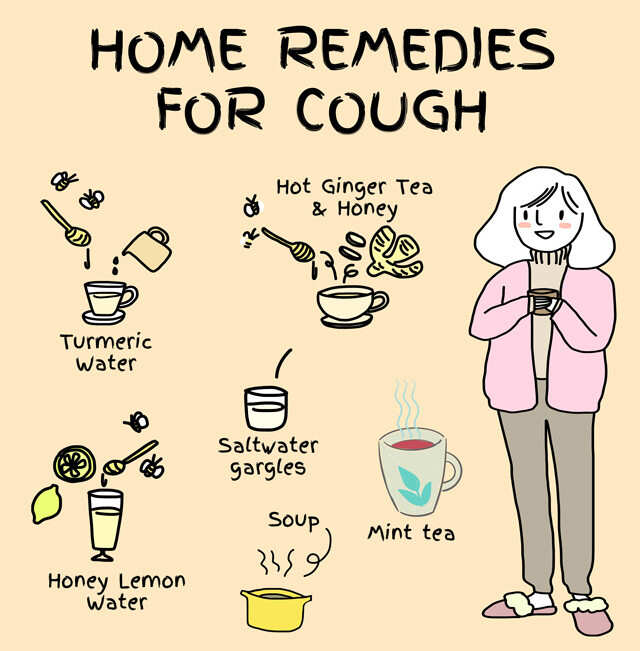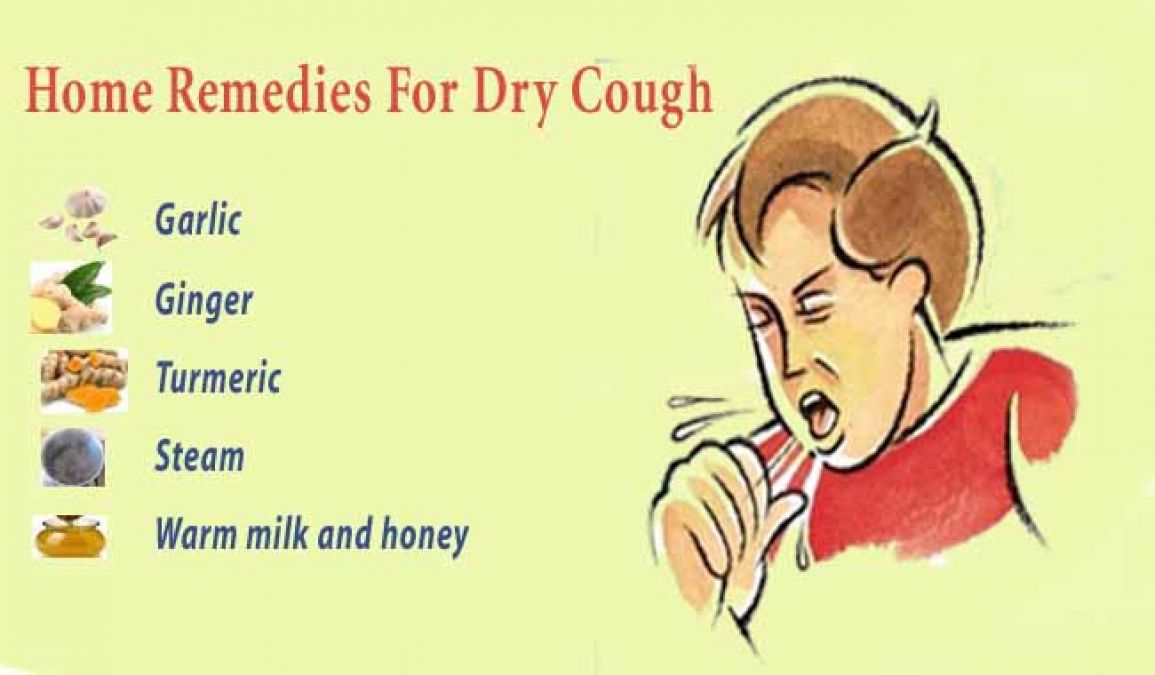Heartwarming Info About How To Get Rid Of A Nagging Cough

Humidifiers help open up the sinuses, making them beneficial for nagging postnasal drip.
How to get rid of a nagging cough. People with chronic respiratory conditions will require medical. Health trying to kick a nagging cough? Most often, the puzzle can be solved without elaborate tests, and the problem can be corrected with simple treatments.
Medications may include inhaled corticosteroids or bronchodilators (for asthma), antihistamines and decongestants (for. Using a thin, flexible tube equipped with a light and camera (bronchoscope), your doctor can look at your lungs and air passages. If you don’t have an allergy to honey, honey can be used as a natural cough.
Be vigilant about washing your hands after being out in. To prevent a coughing fit, a person must identify and treat the underlying cause of the cough. How do you get rid of chronic cough?
Saltwater gargling is valuable for treating postnasal drip, which causes cough. It often just takes patience and time, physicians say coughs lasting a few weeks after an infection usually don't need. Coughs are, unfortunately, a common part of respiratory illness season.
Grab a cough drop. The most common ingredient in cough drops is menthol,. Learn how to identify the cause and try some natural.
These medications quiet your cough by blocking your cough reflex. It can be caused by postnasal drip or inflammation from. The easiest way to ward off a lingering cough is to avoid getting sick in the first place.
In fact, you may be able to diagnose and treat yourself, especially if postnasal. Faq summary a number of home remedies, such as honey and saltwater, may help a cough go away naturally. Try some home remedies to soothe and quiet your cough, such as drinking.
If your home has dry air, run a humidifier in your bedroom to help reduce. And, for the most part, a cough related to an illness will go away on its own as you recover. You typically get a burning in your chest (heartburn).
A lingering cough can be a sign of various conditions, such as bronchitis, pneumonia, asthma, or allergies. Don't ignore a chronic cough — but don't panic just because your cough lingers for more than three or four weeks. A lingering cough is mostly dry and persists for more than three weeks after an upper respiratory infection.
Find out when to see a healthcare provider and. Gerd (gastroesophageal reflux disease) causes food and stomach acid to travel back up toward your throat. A simple way to ease a cough is with salt water.


















